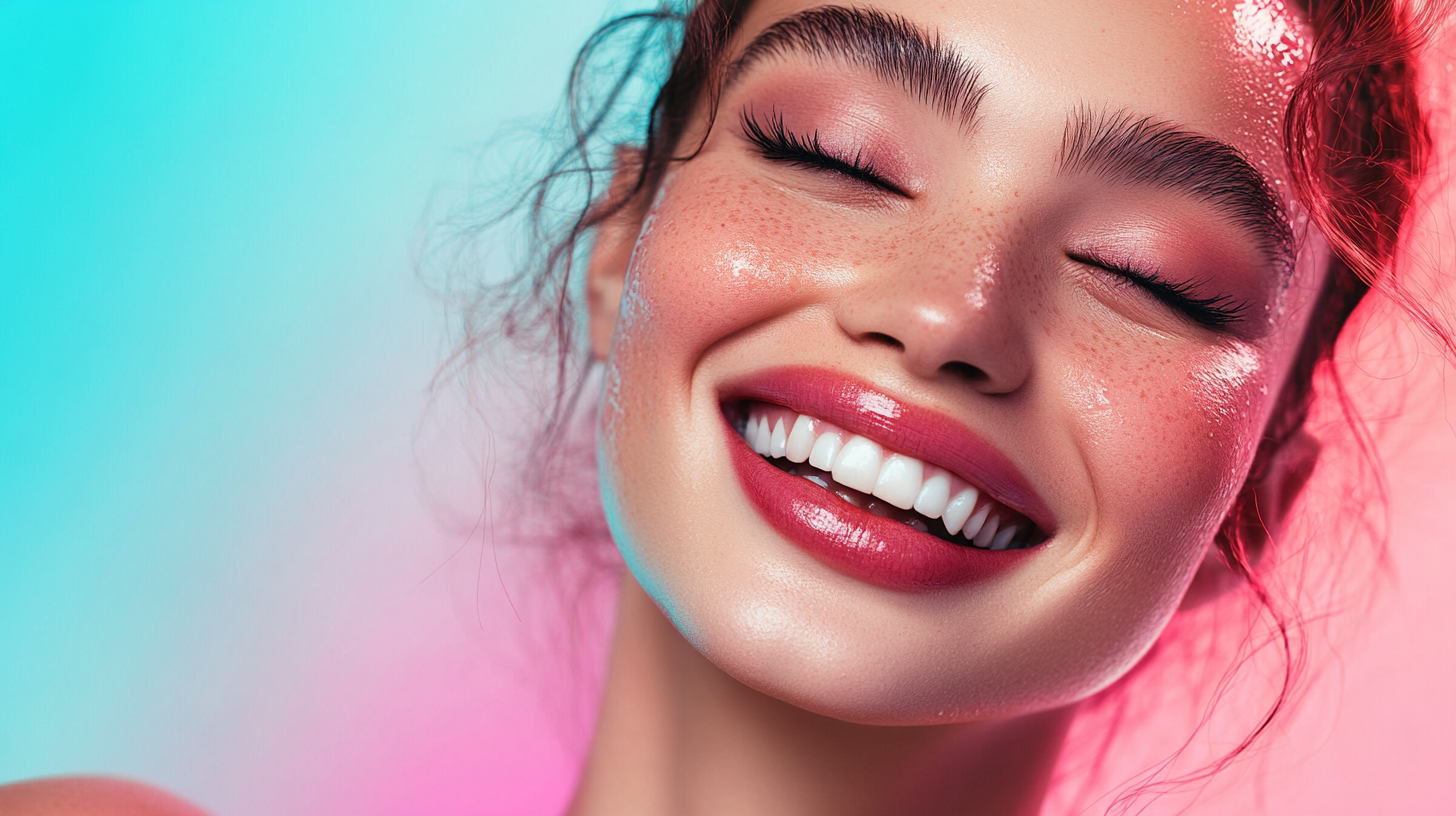
Investing in Black-Owned Beauty Brands: A Call for Continued Support and Inclusivity

The Vital Role of Black-Owned Beauty Brands
The beauty industry is a dynamic space, constantly evolving and responding to the cultural shifts that shape consumer needs. However, one important aspect that deserves attention is the resilience and challenges faced by Black-owned beauty brands. These businesses not only bring innovation and diversity to the market but also highlight the importance of representation in an industry that has often left marginalized voices unheard.
The Importance of Support for Black-Owned Beauty Brands
At the heart of maintaining and growing these businesses is financial support. With the reduction of Diversity, Equity, and Inclusion (DEI) initiatives and grants for Black-owned enterprises, many founders are navigating a particularly challenging landscape. The loss of these funds can be detrimental, threatening the existence of brands that have become staples in beauty routines, especially for those with melanin-rich skin.
Key challenges include:
Funding Shortages: The elimination of grants means that many Black beauty founders might not sustain their innovative efforts or expand their product lines.
Market Competition: Without sufficient funding, Black-owned brands struggle to compete against larger, well-established companies that dominate the market.
Community Impact: These brands often channel success back into their communities, creating jobs and fostering economic stability. A reduction in their presence can thwart community growth.
Industry Insights:
According to recent discussions and reports, evidence shows how critical grants are for Black-owned businesses. The recent trend indicates that as these funds diminish, so do the opportunities for these brands to thrive.
Celebrating Black Beauty Innovations
Despite these challenges, Black beauty brands have proven themselves time and again through innovations shaped specifically for diverse beauty needs. Highlighted in Allure's "The Melanin Edit," these brands not only support melanin-rich individuals but also raise the bar for quality in the beauty industry.
Standout Products:
- Ami Colé's The Concealer Brush – This product is championed for its design tailored to effectively apply makeup on textured skin.
- Black Girl Sunscreen's Make It Glow SPF 30 – This innovative sunscreen addresses the lack of options for Black skin, helping to protect against sun damage without leaving a white cast.
By recognizing these unique products, the industry is taking steps toward inclusivity, but there’s still much further to go.
The Education Gap: Addressing Texture Awareness
A significant turning point is taking place in beauty education, particularly in New York State, where a new law mandates cosmetology students to learn how to style textured hair. This change seeks to fill a long-standing gap that has left many professionals unequipped to serve clients with beautiful, diverse hair types.
Why This Matters:
- Increased Inclusivity: Training that includes textured hair will promote a wider range of techniques, allowing for a more inclusive service offering.
- Culturally Competent Care: With proper education, practitioners can offer styles and treatments that honor the cultural significance of textured hair.
- Better Client Relationships: Understanding customer needs leads to enhanced trust and satisfaction among clients.
Identifying Pain Points for Black Founders
While there is optimism stemming from advances in education and product recognition, Black founders still encounter numerous hurdles.
Challenges faced include:
- Product Visibility: Gaining as much visibility as non-Black owned brands can be a struggle, particularly when marketing budgets are limited.
- Access to Resources: Beyond grants, access to mentorship and guidance in a predominantly white industry can be lacking.
- Consumer Perception: Overcoming stereotypes and biases that still persist in the marketplace is an ongoing battle.
These foundational issues can undermine the potential for growth within the sector, making it vital for both consumers and stakeholders to advocate for support and inclusivity.
The Call for Continued Investment
Community investment is not just a buzzword; it’s the lifeline that Black-owned beauty businesses need. By investing in these brands, stakeholders can help create a more equitable and diverse beauty landscape. The collective strength of Black-owned brands can serve as a counterbalance to prevailing norms that often overlook diverse consumer needs.
Key Takeaways for Support:
- Seek out Black-owned brands: As consumers, supporting these businesses through purchases can make a difference.
- Advocate for Policy Changes: There is power in advocacy. Supporting DEI initiatives can influence larger corporate policies to favor inclusivity.
- Share Your Voice: Discussions on social media around the importance of Black beauty brands can amplify their visibility and bring awareness to their challenges.
Looking Ahead
The future of Black beauty brands goes beyond just resilience; it’s about building a foundation that supports sustained growth and innovation. With ongoing conversations surrounding diversity and representation, there is hope that both consumers and businesses will prioritize inclusivity in beauty.
Fun Fact:
Did you know that the global beauty market is projected to reach over $800 billion by 2026? Investing more in Black-owned brands can significantly reshape how this industry looks and feels.
As we continue to celebrate and support Black-owned beauty enterprises, we must remember their impact on our communities and the beauty industry as a whole. Beauty Blog encourages readers to stay informed and engaged with these vital conversations surrounding diversity and inclusivity in beauty.
Final Thoughts
In conclusion, the journeys of Black-owned beauty brands are a testament to creativity, resilience, and the importance of community. By understanding and addressing the challenges they face, as well as celebrating their innovative contributions, we can all play a role in fostering a more inclusive beauty landscape. Check out more of our blogs to gain deeper insights into this thriving, diverse community.